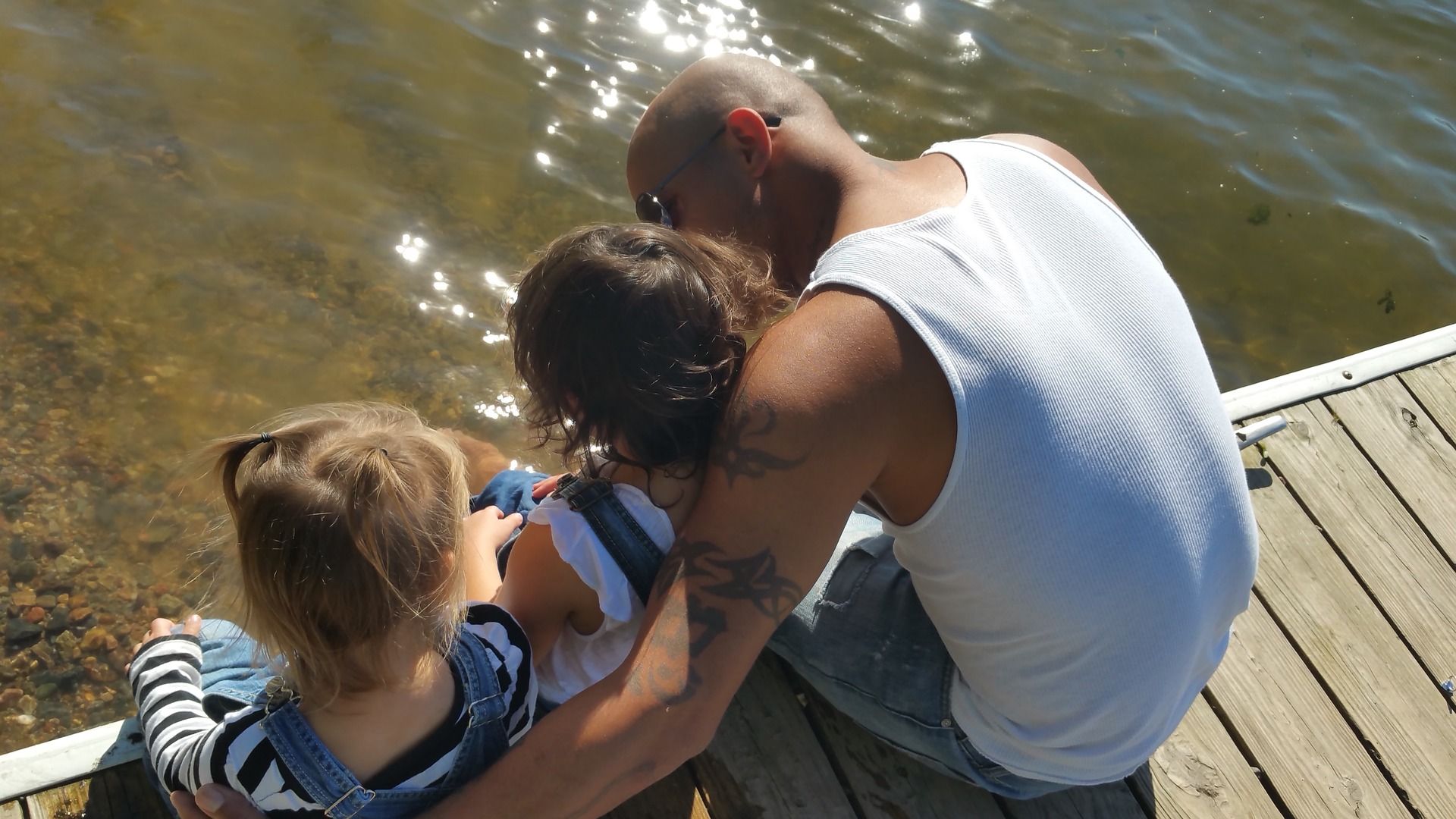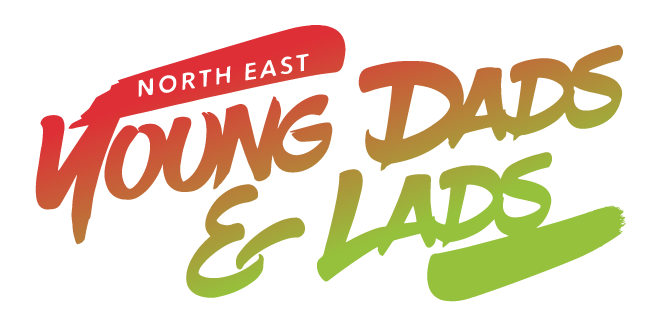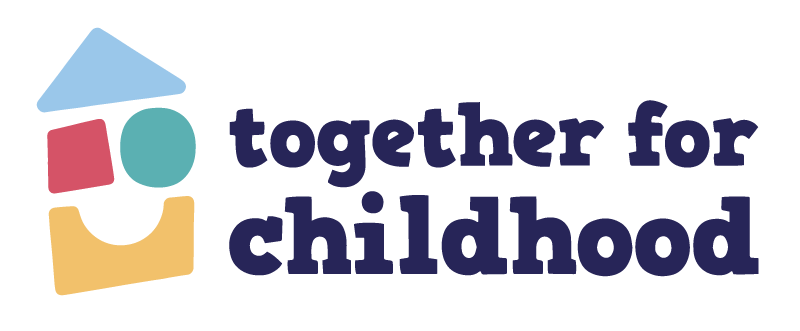
13 June 2024 • Update
Following Young Fathers Further- the journey so far!
In reading this post, you may already be familiar with the Following Young Fathers Further study or perhaps it may be that you have only recently joined our network (in which case, welcome!). We would like to take this opportunity to (re)introduce the study and the story behind the journey of the research so far.
The below words are from Following Young Fathers Further study Director Professor Anna Tarrant and we hope they will give you a deeper insight into how the study began, the story so far and what comes next.
In October 2018, just two weeks before giving birth to my youngest child, I submitted one of the most exciting and ambitious research proposals of my career; a proposal for a Future Leaders Fellowship. Future Leaders Fellowships are a prestigious research and innovation scheme funded by UK Research & Innovation. They offer substantial investment in budding scientists and social scientists to deliver on a vision for the benefit of society, through their development as research leaders in a key area of expertise. They are also unique as funding schemes in providing a longer-term space through which to address complex societal issues and challenges. My ambition was to develop as an acknowledged leader and expert in fatherhood research and to build a feminist-informed agenda centred around the promotion of the value of father engagement and the instigation of a more father-inclusive practice and policy environment.
The prioritisation of cross disciplinary and sector collaborations and innovation in the scheme also aligned perfectly with these ambitions, which I had come to learn were shared with professionals nationally who are deeply committed to improving recognition of, and support for, father engagement as a key societal imperative. Indeed, the initial idea for the fellowship grew out of previous work conducted in Leeds (Tarrant and Neale, 2017), which sparked new conversations with professionals in Grimsby. There was a local commitment to exploring whether and how they could embed father-inclusive principles through place-based work, in a way that would support fathers in the town regardless of their identities, and their socio-economic and personal circumstances. Through the fellowship we committed to collaborate to test and instigate a new model of the Young Dads Collective in Grimsby, an effective model of good practice that trains young fathers to educate professionals about the importance of father-inclusion through telling them about their parenting journeys and support needs.
To extend the value of the research, I proposed to extend the learning from Following Young Fathers, a study that I had become more closely connected with and that was unique globally, as the first qualitative longitudinal study of young fatherhood. To extend the reach of Following Young Fathers, we committed to following up with some of the young fathers who had participated in that study to capture their longer-term parenting experiences and trajectories. We also sought to compare the experiences of young fathers in the UK with young fathers in Sweden, comparing the extent to which the welfare and family policy systems in the two countries influence young fathers’ experiences and their abilities to be there for their children. We have since published some of our findings and conclusions (Andreasson et al. 2022; Tarrant et al. 2022).
Based on my ongoing conversations with multi-agency professionals, with marginalised and impoverished fathers, and my analyses of existing qualitative data about young fathers through the Following Young Fathers study, I was convinced of the need for more research about how we better support father involvement and engagement, not only for the benefit of men, but also for women, for children and for society as a whole. I was also convinced that this could not be the work of one person alone; but of a coalition of individuals, communities, researchers, professionals and policymakers, perhaps with different perspectives, but with a shared vision and commitment to understanding father-inclusion and to seeing dads in a different way.
The question I had from the outset of the Following Young Fathers Further study was how? How do we create the conditions that enable fathers in all their diversity to ‘be there’ for their children and in the way they want to be? Who do we need on board to promote this vision? What concepts and theories do we need to develop to support this work? What works already and how can this be replicated? and finally; What methods and mechanisms need to be in place to ensure that this happens?
These questions have formed the basis of the Fellowship and have driven our vision for collaborating with champions for fathers to advocate for, and evidence, the value of a more father-inclusive society that works more effectively for all fathers and their families. These questions and this vision have driven much the work of the Following Young Fathers Further team, both planned and serendipitous, since January 2020 when we embarked on this hugely ambitious piece of work. They also drive the recently established Centre for Innovation in Fatherhood and Family Research, based at the University of Lincoln under my leadership. We welcome new members, both in academia and beyond, to continue to build towards a shared vision for a father-inclusive, gender equal society.
This report provides just a sliver of insight into the work of the past four years but is a culmination of our journey so far. We have plans to develop further outputs from the study, supported by an additional three years of funding that will extend our work again to January 2027. Our hopes are to deliver on, and advance our agenda for a father-inclusive society by expanding our multi-disciplinary networks, engaging in continued advocacy and practice training and development, working with others to establish a more cohesive and universal policy commitment to involved fathers, and doing so with and for the very people this affects the most; men who are fathers now and men who will become fathers in the future.
You can read the full report here






